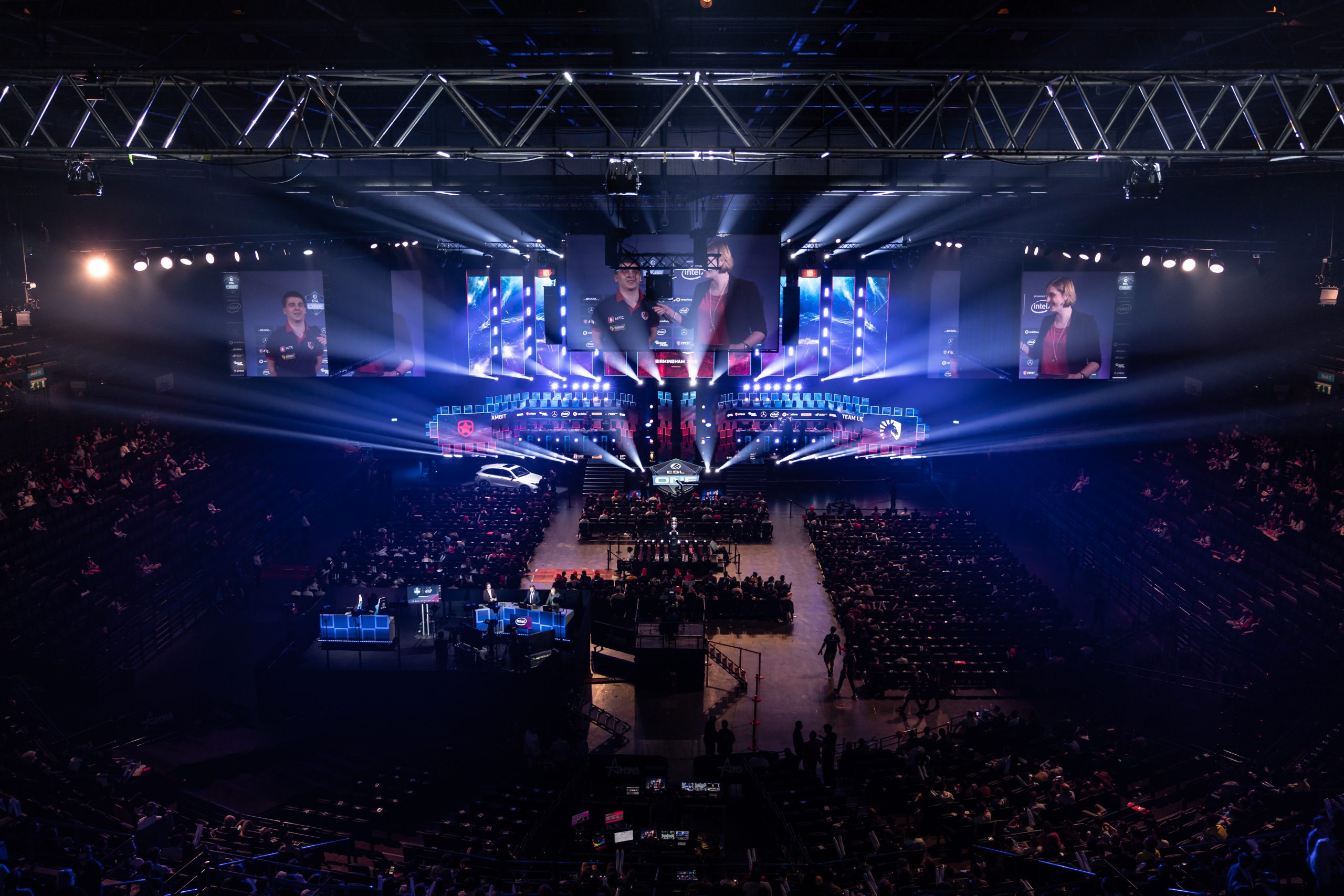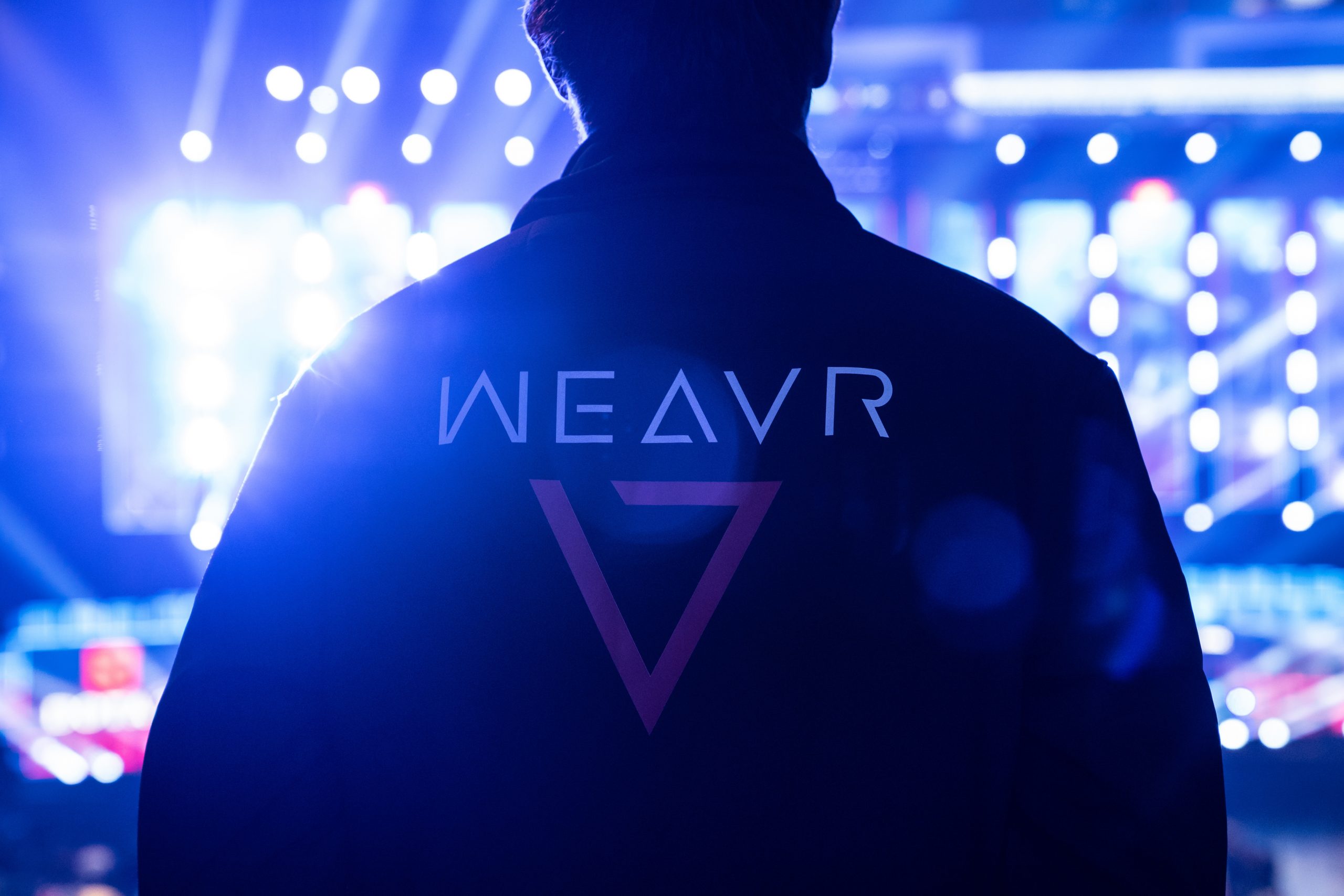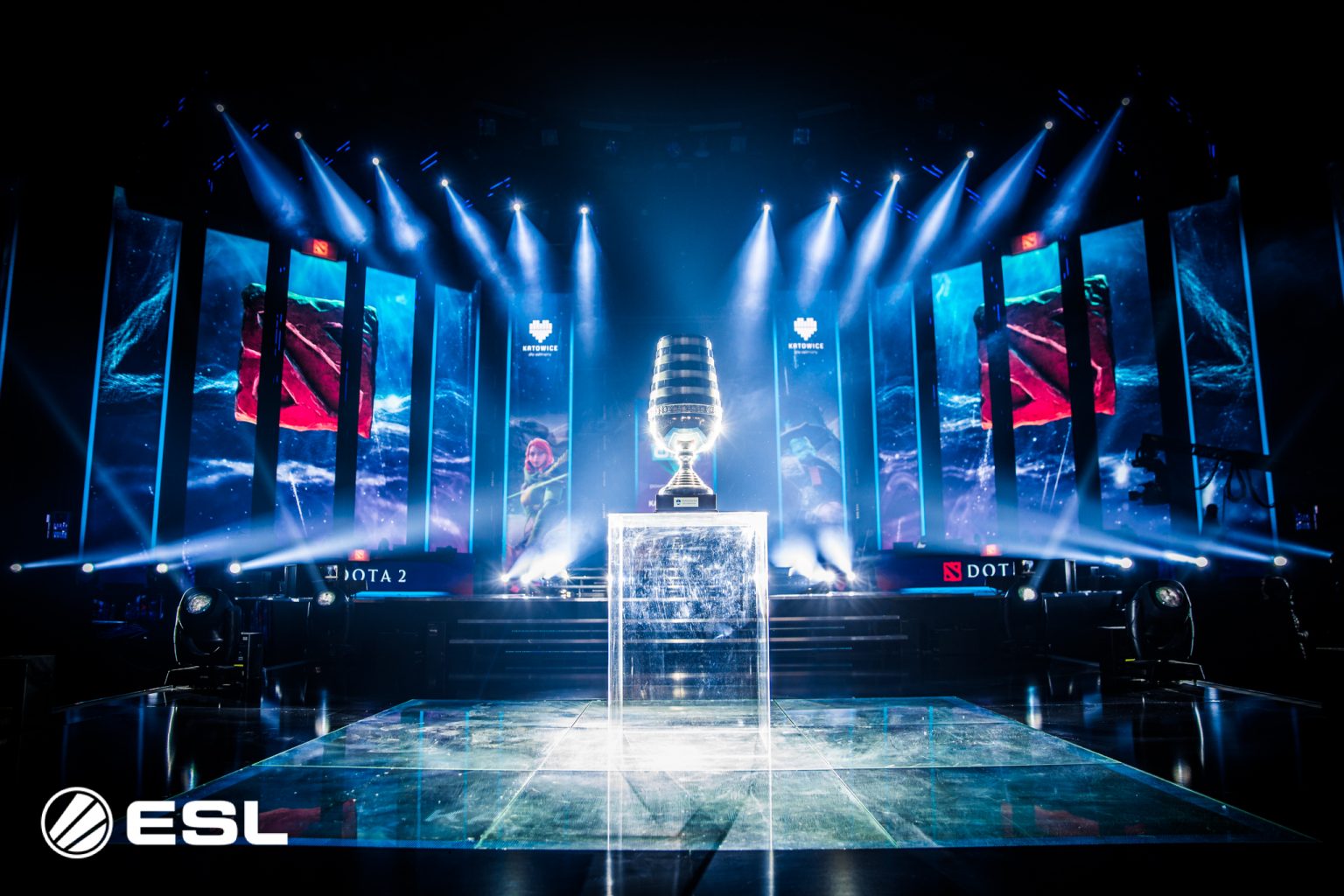While technology has sprinted ahead at an unprecedented rate over the past few years, it feels like sports viewing has been left behind. Unless you can afford increasingly expensive tickets, you’re usually just seeing the action from a single camera angle, struggling to keep up.
This is where the Weavr consortium comes in: redefining the way sports are viewed, starting with esports.
We are proud to be part of the consortium which is comprised of six UK companies – spanning esports, education, and entertainment – and supported by UK Research and Innovation. Together, the consortium is creating Weavr, an agnostic technology platform using live and historic data to create meaningful and personalized experiences.
The esports industry has grown exponentially within the last decade. The global successes of Fortnite, Dota 2, and League of Legends have shone a light on this niche of the industry, selling out stadiums and awarding prizes worth millions to those who are skilled enough at the game. In fact, Newzoo predicts that the esports industry revenues are set to exceed $1billion this year.

Esports has thrived, thanks to the growth of video-streaming on the internet initially driven by gaming-related videos such as trailers, plus huge tournaments being broadcasted on easily accessible online video hosting platforms. Now, the transition into the immersive sphere seems like a natural step for this industry that caters to an audience of over 450 million, which is projected to reach 800 million by 2023.
Weavr’s cross-reality viewing experiences allow fans to immerse themselves in high fidelity statistics, visualizations, and data-driven stories that give them deep insights into the live match. Enabling them to seamlessly move between virtual and physical viewing, as well as utilize second screens to watch immersive esports content on the go.
The use of AI and data learning to create highly personalized viewing experiences will allow for fully interactive and individualized insights for the audience. All of which will permit this project to demonstrate insight into how audiences of the future engage in immersive experiences and the pathways to future commercialization.

Florian Block is a Lecturer at the University of York, he leads esports at Digital Creativity Labs and is the R&D Director for Weavr. He explains the goal of the Weavr app: “It looks at historic data of a current season and compares the live match with that data, so it can tell you a curated story about the extraordinary bits within the game. We want to give people the ability to screenshot, to share that via twitter, to become creators and storytellers themselves.”
UK Research and Innovation (UKRI), the UK Government’s non-departmental public body for innovation and research, awarded the Weavr consortium (consisting of ESL, York University, dock10, Cybula, Focal Point VR and REWIND) a two-year grant as part of the Industry Strategy Challenge Fund (ISCF). The ISCF’s “Audience of the Future” challenge looks to bring the UK’s creative businesses, researchers, and technologists together to create the next generation of highly immersive experiences.
The first demonstration of the technology and goals of the Weavr consortium were presented at ESL One Birmingham in January. The Weavr app was used to help immerse fans in Dota 2 by providing them with a seamless platform where they could view in-game data in an accessible way.

The version of the app shown to select members of the audience at ESL One focused on providing deep insights via a simple user interface to Android devices. The first part highlighted AI-driven story beats through the narrative feed. The second showed spatial data such as player positions, lane dominance, and tower health on a map view with the ability to scrub through time. Lastly, the third area allows viewers to really get their teeth into comparing key performance indicators between players.
OD Pixel, a Dota 2 caster and brand ambassador for Weavr was at ESL One, getting up close and personal with the app and getting feedback from fans: “The app allows people to interact with a game they love in a very different way. Straight away, people are excited to see data contextualized in a way they haven’t been able to see before. The immediate reaction from most of the fans here is ‘wow, it’s something new, it’s exciting'”.
On 15th Aug at an event in London, the outcomes from the first Weavr project demonstration at ESL One were shared and next steps were revealed. The consortium will soon be bringing Weavr to virtual reality, taking the best parts of watching esports remotely and in-person to create a whole new experience. Beyond that, the consortium is talking to traditional sports to see how technology can improve their viewing experiences as well.
So, next time your friends suggest watching the game together, you may well be doing it in virtual reality.




